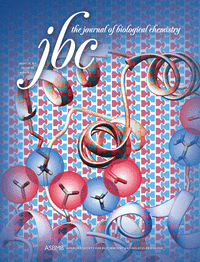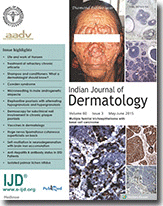 The Journal of Biological Chemistry has posted withdrawal notices for six papers that had already been withdrawn, some more than a decade ago, in an effort to resolve “PubMed indexing problems.”
The Journal of Biological Chemistry has posted withdrawal notices for six papers that had already been withdrawn, some more than a decade ago, in an effort to resolve “PubMed indexing problems.”
Each paper had been pulled by the author before it appeared in print, but still appeared online on the the journal’s website and in PubMed.
By our count, the journal has posted six notices so far, and said we should expect to see more in the future.
Kaoru Sakabe the Manager of Publication Issues at the American Society for Biochemistry and Molecular Biology, which publishes JBC, provided a statement on the new withdrawal notices: Continue reading Years after papers were withdrawn, JBC issues notices





 Researchers have pulled a paper about a drug used to treat pancreatic tumors due to “statistical errors.”
Researchers have pulled a paper about a drug used to treat pancreatic tumors due to “statistical errors.”
